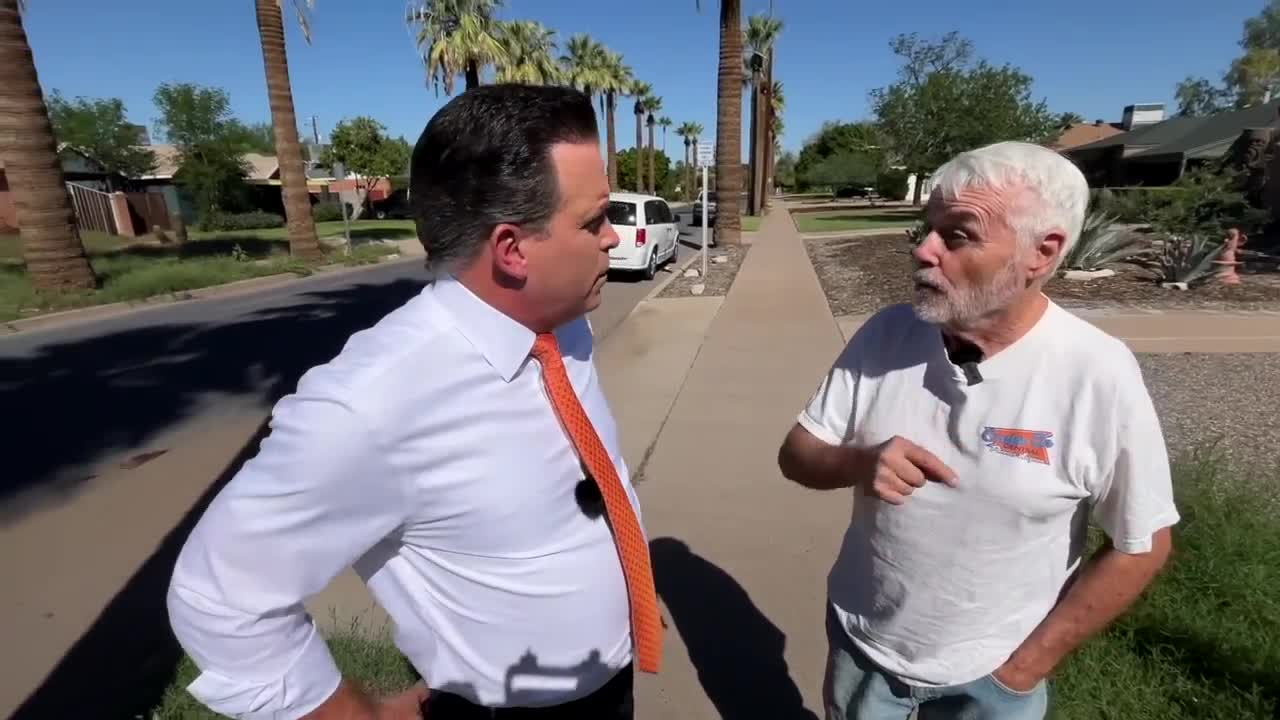Russ Cousins, a Navy veteran who served during the Vietnam War, has been fighting a different kind of battle for years — the battle for recognition and support from the Department of Veterans Affairs.
Cousins, who served from 1964 to 1968 during the Vietnam War describes the VA benefits process as “an endless loop” that leaves many veterans frustrated, like him.
“I worked on planes, on the flight deck of the USS Hancock. It had a wooden deck, and it was busy,” Cousins said. “Something happened almost every day on that ship. I mean, when you're on a flight deck, I mean, things happen all the time, especially at night.”
Cousins has struggled with Post Traumatic Stress Disorder (PTSD) and health issues linked to his service. He describes attempts to get help as emotionally and physically taxing, recounting a stay in VA hospital following suicide attempts and the unending impact of those war years. “I don’t worry about me; I worry about my wife. She’s had strokes and is paralyzed. What happens to her if I die?”
His PTSD, he says, is tied to hundreds of things that happened on the flight deck during the war.
One instance he explained happened after a plane returned after a mission with a missile still attached. “The missile took off, took the guy's head right off, hit one guy, the other guy got out of the way, but the other guy took his head right off, and he pushed him into the ocean.”
He recalled other instances of sailors being sucked into jet engines and planes missing the arresting wire while landing, crashing and bursting into flames on deck.
“Things happened every day on those ships, fires, accidents, and there are no records for most of it,” he said.
Despite multiple claims, much of Cousins’ paperwork has been denied or delayed. His most recent letter from the VA in September acknowledged PTSD associated with his service; however, he says the VA demands “trigger” events with exact dates and documentation from 50 years ago — records Cousins says often don’t exist.
“It’s a fight just to get the VA to acknowledge what happened,” he said.
He says he has 40% hearing loss from a plane blowing up and ringing in his ear, known as Tinnitus.
With only a 10% disability rating — for tinnitus, not hearing loss — Cousins remains frustrated. Appeals have dragged on for more than three years. Even with help from legal representatives, he has seen little progress.
“They tell me, ‘We need more documentation.’ My service record, my DD-214, confirms I was there. Why do I have to keep proving this?” he said.
Despite outreach to organizations and elected officials — offices of Senators Ruben Gallego and Mark Kelly among them — Cousins says he receives little more than form letters and empty promises. “If you can’t help a veteran, what are you doing?” he said.
Now, Cousins is awaiting another medical verdict: a possible diagnosis of pancreatic cancer. If confirmed, he and his advocates plan to file a new claim, hoping the system acts quickly enough to help his wife if his condition worsens.
“I’ve had a good life,” Cousins said. “But something needs to change, for my family and for all veterans who served and are still fighting for recognition.”
With nowhere else to turn, he reached out to ABC15.
ABC15 is actively pursuing Cousins’ case through the Department of Veterans Affairs, the US Navy and the Navy History and Heritage Command.
The VA responded saying there would be a delay in answering requests due to the ongoing government shutdown.






